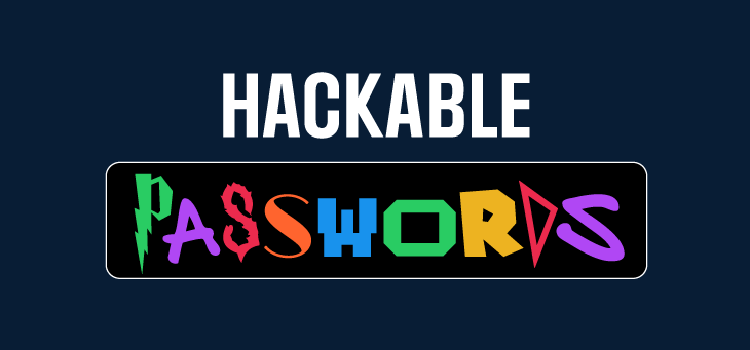Mission Statement
The Information Security Office is committed to lowering the risk profile of the University’s electronic information by implementing industry best practices to protect the confidentiality, integrity, and availability of student, faculty, and staff information. We uphold the University’s compliance obligations by developing information security policies, providing security awareness training, and overseeing the implementation of strategic information security initiatives.
Scam of the Week
You Should Rethink This Refund
In this week’s scam, you receive a text message that appears to be from Amazon. The message claims that an item you bought was of poor quality or has been recalled. It also states that Amazon will provide you with a full refund and a free replacement of the item, and provides a link for you to select to view additional details.
However, this is a smishing (text phishing) scam! The link in the text message doesn’t direct you to the actual Amazon website. Instead, it takes you to a fake page that looks like a real Amazon login page. If you try to log in with your Amazon account credentials, cybercriminals will steal them immediately!
Follow these tips to avoid falling victim to this smishing scam:
- You should never select any links in an unexpected text message. If you do receive a suspicious text message, be sure to report it!
- If you believe there’s an issue with one of your Amazon purchases, open the official Amazon app on your phone or navigate to the official website and contact their customer support.
- Remember, if an offer seems too good to be true, it usually is! In this case, scammers are trying to trick you into selecting a malicious link by offering you a “free” refund.
Time It Takes a Hacker to Brute Force Your Password in 2025
Hardware: 12 x RTX 5090 | Password hash: bcrypt(10)
| Number of Characters | Number Only | Lowercase Letters | Upper and Lower Case Letters | Numbers, Upper and Lowercase Letters | Numbers, Upper and Lowercase Letters, Symbols |
|---|---|---|---|---|---|
| 4 | Instantly | Instantly | Instantly | Instantly | Instantly |
| 5 | Instantly | Instantly | 57 minutes | 2 hours | 4 hours |
| 6 | Instantly | 46 minutes | 2 days | 6 Days | 2 weeks |
| 7 | Instantly | 20 hours | 4 months | 1 year | 2 years |
| 8 | Instantly | 3 weeks | 15 years | 62 years | 164 years |
| 9 | 2 hours | 2 years | 791 years | 3k years | 11k years |
| 10 | 1 day | 40 years | 41k years | 238k years | 803k years |
| 11 | 1 week | 1k years | 2m years | 14m years | 56m years |
| 12 | 3 months | 27k years | 111m years | 917m years | 3bn years |
| 13 | 3 years | 705k years | 5bn years | 56bn years | 275bn years |
| 14 | 28 years | 18m years | 300bn years | 3tn years | 19tn years |
| 15 | 284 years | 477m years | 15tn years | 218tn years | 1qd years |
| 16 | 2k years | 12bn years | 812tn years | 13qd years | 94qd years |
| 17 | 28k years | 322bn years | 42qd years | 840qd years | 6qn years |
| 18 | 284k years | 8tn years | 2qn years | 52qn years | 463qn years |
 QR Code Phishing - 'Quishing'
QR Code Phishing - 'Quishing'
 Phishing Click Rates Triple in 2024
Phishing Click Rates Triple in 2024
 The Most Dangerous Pop Culture Passwords in 2024
The Most Dangerous Pop Culture Passwords in 2024

